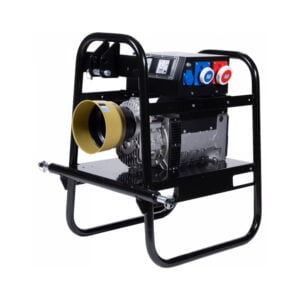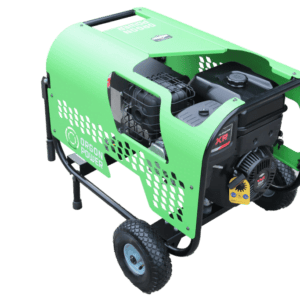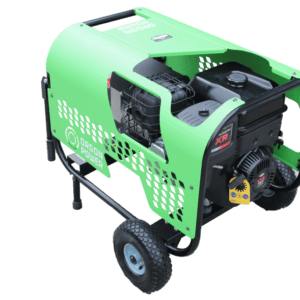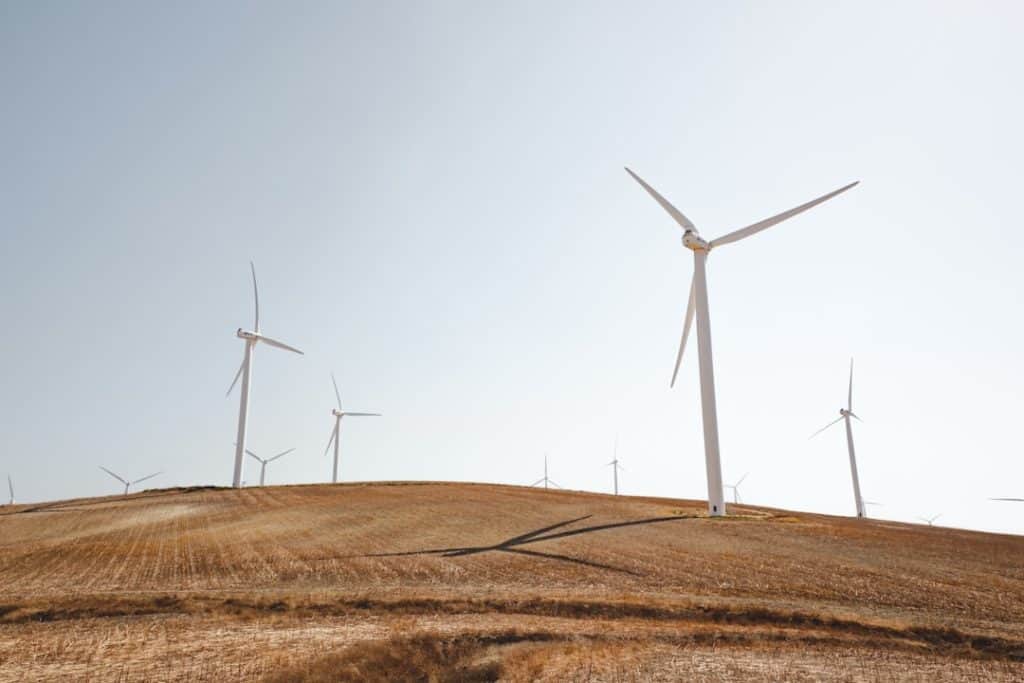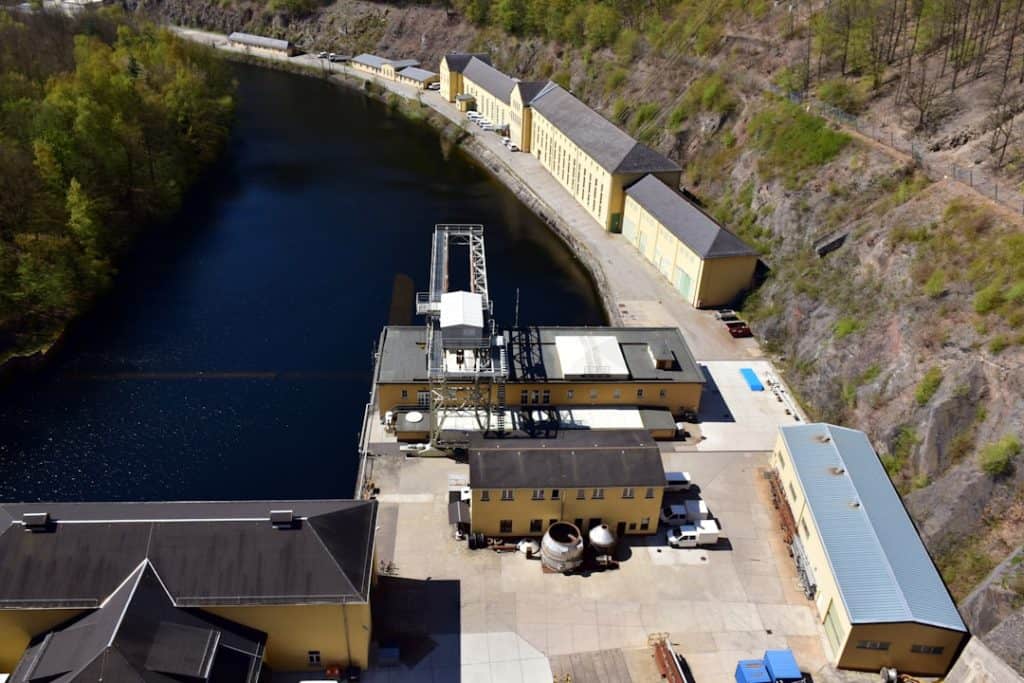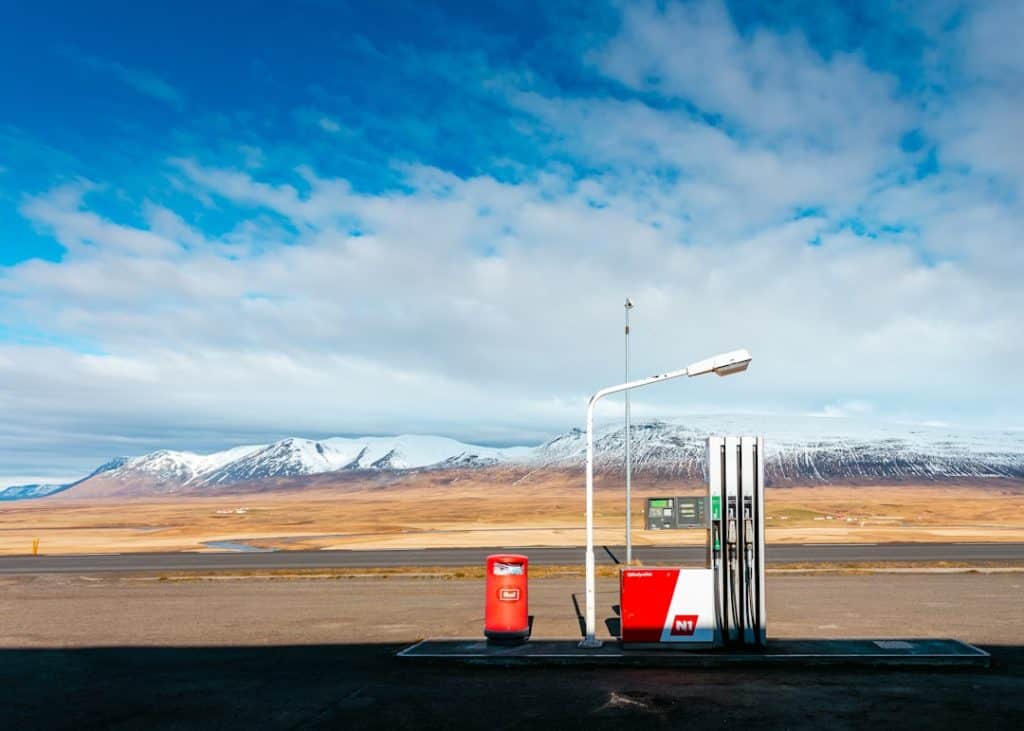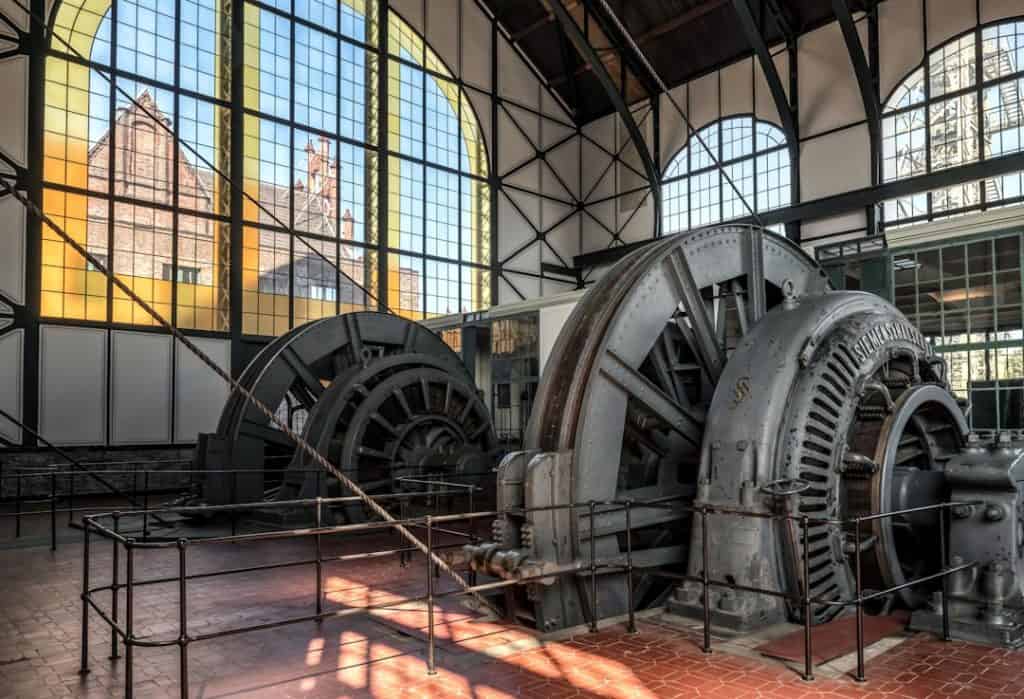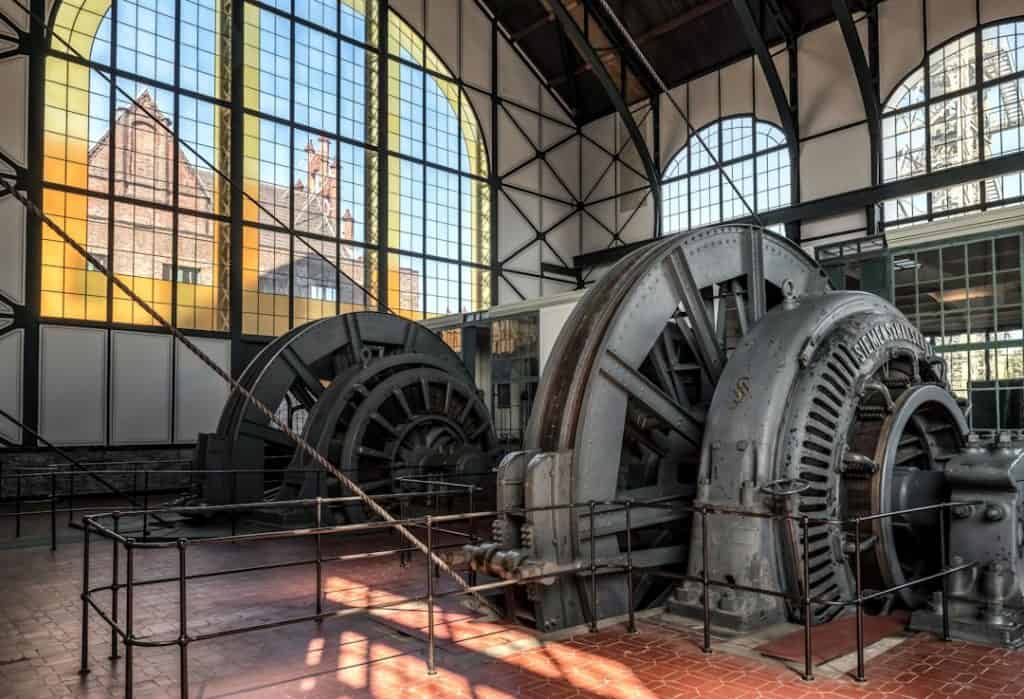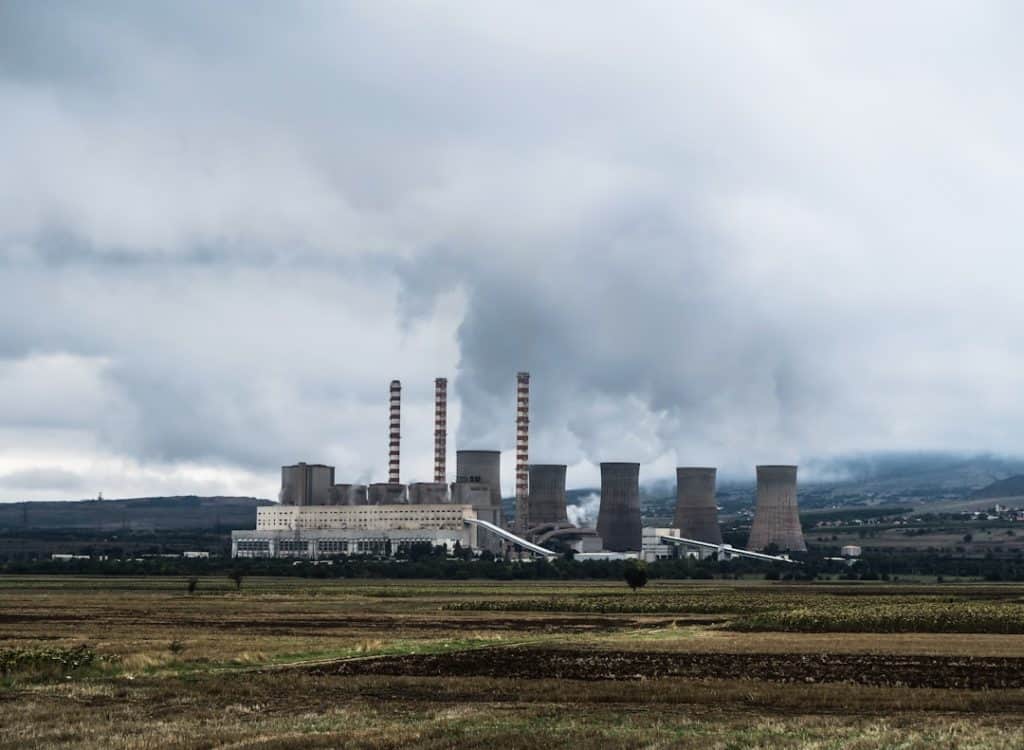Power generators are devices that convert mechanical energy into electrical energy. They are used as a backup power source in case of interruption of supply from the main power grid. Aggregates consist of an engine (most often diesel or gasoline) and a generator that produces electricity.
These devices are widely used in various sectors:
1. Emergency services: hospitals, fire stations, police stations
2. Industry: factories, mines, construction sites
3.
Telecommunications: mobile base stations, data centers
4. Households: as backup power for critical devices
Aggregates differ in power, size and type of fuel they use. Smaller portable generators can power several devices, while large stationary generators can provide energy for entire buildings or industrial plants.
Regular maintenance of aggregates is crucial for their reliability. This includes checking the oil level, changing the filter and testing the operation of the unit at regular intervals. In the modern world, power generators play an important role in ensuring business continuity and safety in the event of a power outage from the main power grid.
Key Takeaways
- Power generators are devices that produce electricity when the regular supply is interrupted
- Uninterrupted power supply is critical to maintaining business and security in the event of a power outage
- Power generators work on the principle of converting mechanical energy into electrical energy
- There are different types of power generators, including gasoline, diesel, and natural gas
- When choosing a generator for electricity, energy consumption and the specific needs of the user should be taken into account
The importance of aggregates for continuous energy supply
Generators are essential for maintaining a continuous supply of electricity in many situations. In emergency situations, such as natural disasters or emergencies, generators allow people to stay connected and maintain basic functions such as lighting, heating and communication. Also, they are of key importance for medical institutions, as they enable the operation of medical devices and maintain conditions for treating patients.
In the industrial and commercial sectors, power generators are necessary to maintain production and operations in the event of a power outage. Many companies depend on a continuous supply of electricity to maintain their operations and meet the needs of their customers. Without power generators, many industries would be paralyzed and many jobs would be threatened.
This is why it is important for companies to have reliable power generators to ensure uninterrupted power supply.
How do power generators work?

Power generators work by converting mechanical energy into electrical energy. The main parts of the generator are the engine that drives the generator, which then produces electricity. The engine can be powered by fossil fuels, such as gasoline, diesel, or natural gas, or by alternative energy sources, such as solar or wind.
When the engine is started, it drives a generator that produces electricity. This energy is then transmitted through electrical cables to consumers who use it. Generator sets can be designed to run automatically when a power outage occurs, or they can be manually started by an operator.
They can be connected to the main power source or they can work independently.
Types of aggregates for electricity
| Type of aggregate | Power (kW) | Fuel type | Weight (kg) |
|---|---|---|---|
| Diesel generator | 5-250 | Diesel | 100-1500 |
| Gasoline unit | 1-10 | Gasoline | 20-100 |
| Gas unit | 2-50 | Gas | 50-500 |
There are different types of generators for electricity, and each of them has its own specific characteristics and advantages. One of the most common types of generators is the diesel generator, which uses diesel fuel to run the engine. Diesel generators are known for their reliability and efficiency, and are often used in industrial and commercial sectors.
Another type of generator is the gasoline generator, which uses gasoline as fuel to start the engine. Gasoline generators are popular for their portability and ease of use, and are often used for home use or in remote locations where there is no access to a main power source. In addition, there are also solar generators that use solar energy to produce electricity.
Solar aggregates are environmentally friendly and economical, and are increasingly being used as an alternative source of energy.
How to choose the right unit for your needs?
When choosing the right generator for your needs, it is important to consider several factors. First, you should consider the required power of the aggregate, which depends on the number of devices that will be connected to it. It is also important to consider the type of fuel you want to use, as well as the mobility and size of the generator.
It is also important to consider the reliability and efficiency of the generator, as well as its price and maintenance costs. Environmental factors should also be taken into account when choosing aggregates, such as gas emissions and environmental impact.
Maintenance and safety when using power generators

Maintenance of power generators is crucial to ensure their reliability and longevity. Regular maintenance includes cleaning the air and oil filters, checking the fuel and oil levels, and checking the condition of the battery. It is also important to regularly test the operation of the generator to ensure that it is ready for use in the event of an emergency.
Safety when using power generators is also very important. When handling the unit, care should be taken to properly connect it to electrical devices in order to avoid injury or damage. It is also important to follow the manufacturer's instructions to ensure safe use of the generator.
Application of power generators in various industrial and commercial sectors
Power generators are widely used in various industrial and commercial sectors. In the construction industry, they are used to power power tools on construction sites where there is no access to the main power source. They are also used in mining, petroleum and other industries where mobile power is required.
In commercial sectors, gensets are used to maintain continuous production and operations in the event of a power outage. They are necessary for the operation of restaurants, hotels, hospitals, shops and other commercial facilities where a continuous supply of electricity is required. They are also used in domestic use to ensure the supply of electricity in the event of a power failure.
Gensets are also necessary in emergency situations such as natural disasters or emergencies to ensure the supply of electricity to people affected by such events. In conclusion, power generators are necessary devices that enable continuous supply of electricity in various situations. They are widely used in various industrial and commercial sectors as well as in home use.
When choosing the right generator set, the required power, type of fuel, mobility and environmental factors should be taken into account to ensure that it is suitable for the specific needs of the user. Maintenance and safety in the use of aggregates are also very important to ensure their reliability and safe use.
FAQs
What are power generators?
Power generators are devices that produce electricity using an engine that drives a generator. They are used as a backup source of electricity in the event of a power outage or where there is no access to the electricity grid.
How do power generators work?
Power generators work by an engine driving a generator that produces electricity. The engine can be gasoline, diesel or gas-powered, and the generator converts the engine's mechanical energy into electrical energy.
What are power generators used for?
Power generators are used as a backup source of electricity in the event of a power outage, for powering construction works in places where there is no access to the power grid, as well as for camping and other outdoor activities.
What are the advantages of using generators for electricity?
The advantages of using generators for electricity include independence from the electricity grid, the possibility of using electricity in places where there is no access to the grid, as well as the possibility of quick response in the event of a power outage.
What types of power generators are there?
There are different types of generators for electricity, including small portable generators, medium and large generators for industrial use, as well as specialized generators for camping and other outdoor activities.

